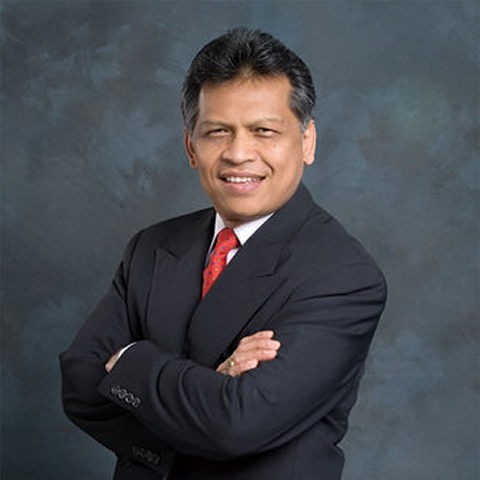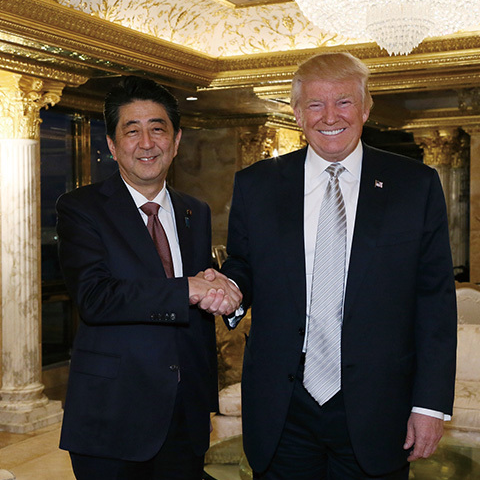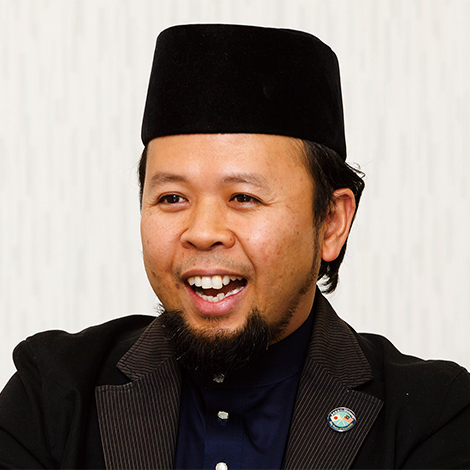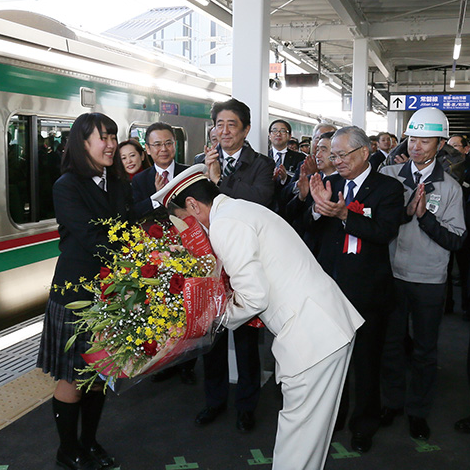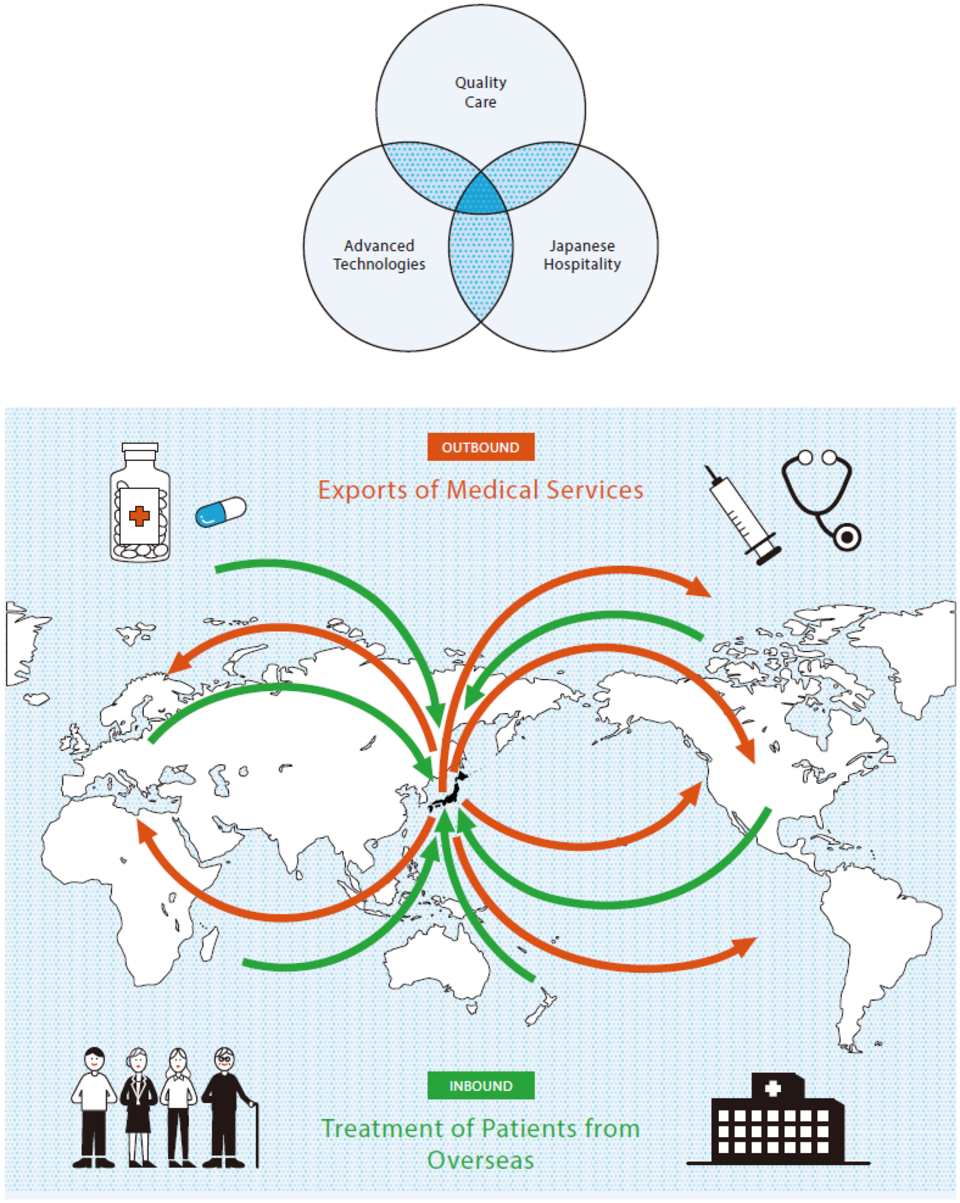People from around the world choose to receive medical care in Japan for three reasons. First, healthcare facilities in Japan offer high-quality, skilled treatment by specialized teams. Second, Japan focuses on developing advanced, minimally invasive treatments that are easier on patients than conventional alternatives. Third, Japan’s healthcare facilities provide meticulous, individually customized care and services, reflecting the Japanese spirit of omotenashi, or warm, thoughtful hospitality.
The range of medical services offered is wide, from advanced medicine, such as cancer treatment and heart surgery, to cosmetic surgery and physical checkups. Being able to undergo treatment with peace of mind is becoming the biggest attraction of Japanese medical services for foreigners.
Quality of Care
In the case of surgery to remove stomach cancer, for example, a surgeon performs the operation, and specialists from the departments of internal medicine (chemotherapy) and radiology (radiotherapy) take part as needed. Other doctors may participate as well—to offer psychiatric care if the patient is mentally unstable, or palliative care if there is great pain. This kind of team-based medical care is a well-established tradition in Japan. Other medical specialists, such as nurses, pharmacists, and physical therapists, also form part of the team. These individuals are highly skilled and have a wealth of specialized knowledge. Of particular note is their high sense of mission. And the solidarity of these teams is reflected in the treatment results.
Minimally Invasive Treatment Through Advanced Technologies
Japan is at the forefront of medical technology in the fields of diagnosis and surgery by endoscopy. ndoscopic surgery is easier on the patient’s body than open surgery, and the practical application of advanced endoscopes that give magnified and highly defined images has made it possible to determine in real time whether a tumor is benign or malignant. Another type of treatment for which Japan is renowned is transradial intervention (TRI), in which clogged heart vessels are treated with a catheter inserted through the wrist. This requires a smaller incision than when inserting the tube through the leg, so the bleeding stops sooner and patients can walk immediately after the procedure. Japan also leads the world in both development and practical use of particle beam therapy, allowing cancer to be treated without surgery.
Japanese Hospitality
The Japanese spirit of omotenashi (hospitality), of attending to the needs of individual guests, is expressed in the provision of customized medical care. Japan manufactures safe composite materials for bone repair tailored to the individual physique. Furthermore, technology for implanting artificial joints is also becoming established and put to clinical use. In the treatment of cleft lips and palates, methods are employed that account for differences in build, vocalization, and healing.


























